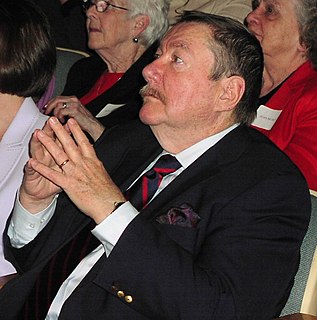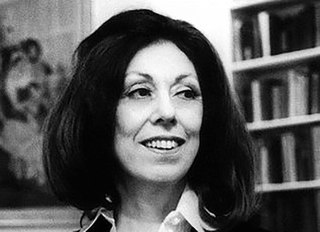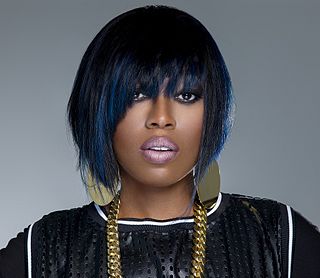A Quote by Amos Oz
Each time I have the urge in me to make a statement or send a message or to issue a manifesto, I don't bother to write a novel. I write an article and publish it in a popular newspaper, or I make a television appearance.
Related Quotes
Each time I have the urge in me to make a statement or send a message or to issue a manifesto, I don't bother to write a novel. I write an article and publish it in a popular newspaper, or I make a television appearance. I would not waste five years of my life in order to send to the Israeli readers a simple message such as, "Let us change a policy or stop the settlements," Or, "Let us strive for peace." This is not what it is about.
When I need to take a side, I write a newspaper article and I tell my government, "You should not do that, you should do this." They don't listen to me, but I've been doing this for sixty years now. But, when I write a novel, I am not in that business. I follow the way people change. I follow the way people, who are very antagonized to one another become very close to one another and vice-versa. Sometimes I follow the way people who are intimately close to each other move apart.
When I see an entire community disenfranchised, it disturbs me. Not that I'm a message guy, per se. I write about people. I like to write about human beings, not crap political rhetoric. I've tried to avoid that all my life. When I wrote about soldiers in Vietnam, I wasn't trying to make a political statement. I was trying to write about how screwed things were for soldiers, and how they still are.




































